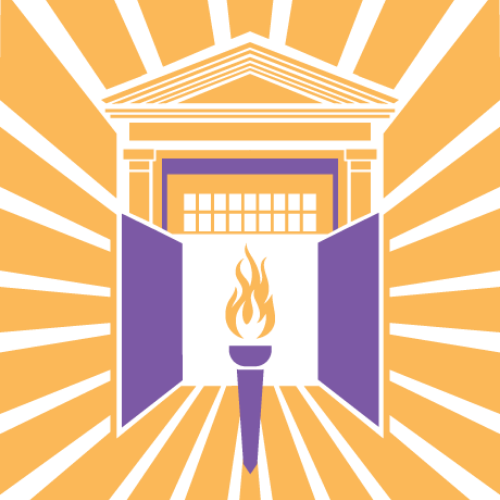Carver Connection
by Megan Zalecki
This post was originally published to our social media platforms on Jan. 5, 2023
Did you know that George Washington Carver had a connection to Calfee Training School in Pulaski? Today is Carver Day, a national day commemorating the life of Dr. George Washington Carver, whose life and work is renowned in our country’s history. An agricultural research scientist, botanist, and professor at Tuskegee Institute, the impacts of Dr. Carver’s legacy are widespread. While he is well-known for inventing over 300 uses for peanuts, his work had lasting impacts in agriculture and conservation, from developing methods to improve soil quality, to producing natural pesticides and organic fertilizers, to creating free bulletins that made information about sustainable agricultural practices and recipes accessible for Black farmers in the South, especially important after the sharecropping industry and overuse of cotton as a crop had depleted the soil. He also created the Jesup Wagon, a mobile classroom and lab on wheels to travel to farmers and teach them about soil chemistry.
George Washington Carver was born enslaved in Diamond, Missouri around 1864, and was freed at the end of the Civil War. He went on to become the first African American to graduate with a bachelor’s degree in 1894 studying botany and fungal disease at Iowa Agricultural College, where he also completed his master’s degree in 1896. The caliber of his agricultural research secured him an invitation from Booker T. Washington to teach at Tuskegee Institute in Alabama in 1896, where Carver would work for the rest of his life. It was at Tuskegee where Chauncey Harmon and Lucy Martin would eventually work for and interact with Dr. Carter during their time as Tuskegee students, prior to returning to Pulaski and teaching at Calfee Training School.
In a recent interview, Dr. Marylen Harmon shared stories of her father, Chauncey, working for Dr. Carver, who taught him how to graft fruit trees, how to use berries for paint pigments, and more. Described as soft-spoken, Carver was driven to serve, and saw science as a way to help improve life for others and to take care of the natural world.
Photo source: Tuskegee University Archives via Wikimedia Commons

